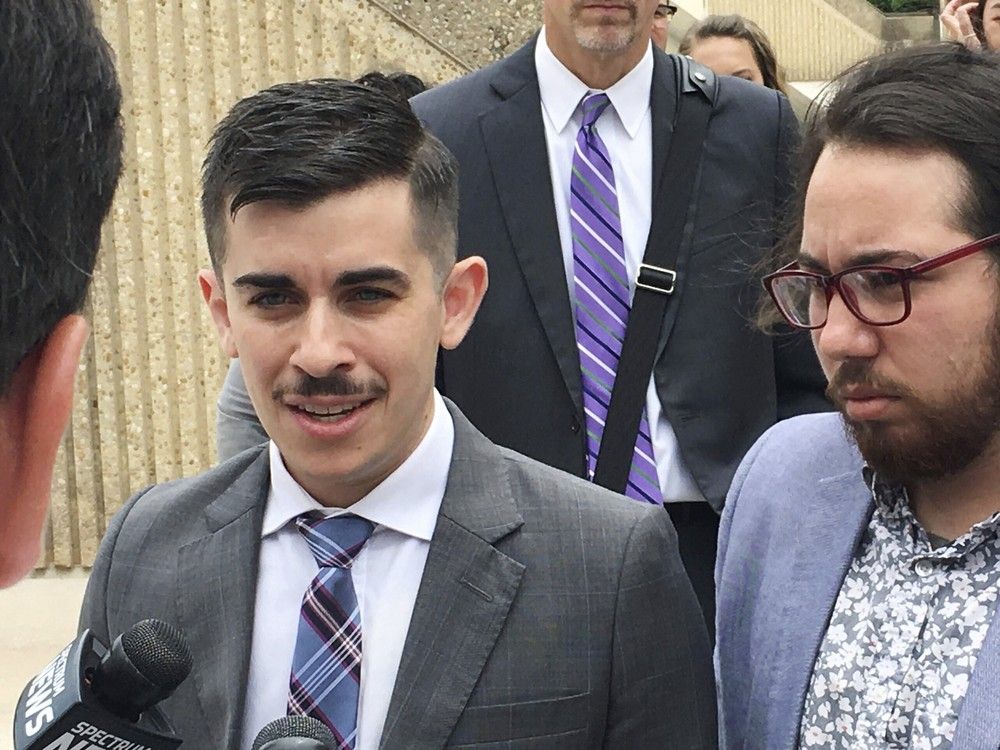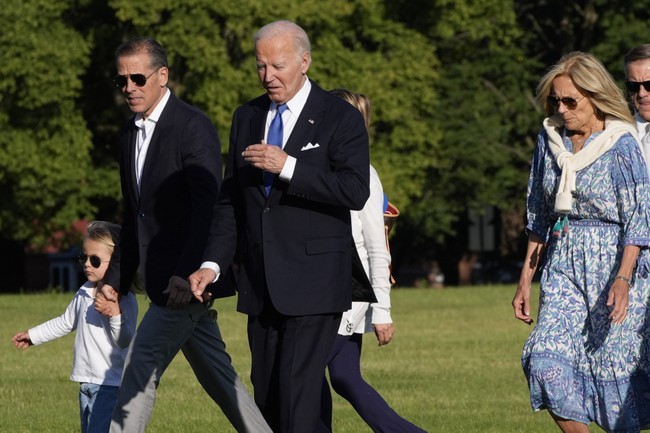Trump Appoints Billionaire as UK Ambassador
In an intriguing development, President-elect Donald Trump has named billionaire investment banker Warren Stephens as the U.S. ambassador to the U.K., a move reflecting his tendencies in political appointments.
Published December 04, 2024 - 00:12am

Image recovered from arabnews.com
In a substantial political development, President-elect Donald Trump has decided to nominate Warren Stephens, a billionaire investment banker and prominent Republican donor, as the United States ambassador to the United Kingdom. This decision, announced on Trump's Truth Social platform, places Stephens in a role of significant diplomatic importance and highlights Trump's continued trend of appointing high-profile donors to prestigious positions.
The role of ambassador to the Court of Saint James, as it is formally known, remains one of the most coveted positions in American diplomatic circles. Traditionally, this role has been filled by individuals of substantial political and financial stature. Stephens, who is currently the CEO, chairman, and president of Stephens Inc., a financial services firm based in Little Rock, Arkansas, embodies this tradition. The senator's confirmation, pivotal for Stephens to assume office, is anticipated to be a straightforward process due to the Republican control of the Senate.
Stephens's association with Trump has been financially lucrative. This year alone, he has contributed approximately $2 million to a Trump-supporting super PAC, reinforcing his status as a major Republican benefactor. Such financial backing has evidently not gone unnoticed, as Trump's nomination aims to consolidate his support base while aligning diplomatic appointments with influential allies.
Interestingly, in the 2016 election cycle, Stephens initially funded groups opposing Trump's candidacy. However, he reversed his stance in subsequent elections, providing substantial support in the 2020 and 2024 campaigns. This highlights a pragmatic shift in political alliances, common among donors seeking influence in political ecosystems dominated by strong personalities like Trump.
Trump's nomination of Stephens reflects a broader narrative of political appointments rewarding loyalty and financial support within the Republican Party. This approach has sparked debate among political commentators, some of whom question whether diplomatic qualifications or political affiliations should primarily guide such appointments. Critics argue that relying heavily on affluent donors for key diplomatic roles may compromise the effectiveness of American foreign policy, which requires experienced diplomats familiar with international nuances.
The choice of Stephens also illustrates the ongoing synergy between the Trump administration and conservative business interests. Trump's first term had already set this precedence when he selected Robert Woody Johnson, another major Republican donor and owner of the New York Jets, for the same role. This trend raises intriguing questions about the influence of the private sector in the domain of public policy, particularly diplomacy.
On a broader scale, Trump's diplomatic strategy seems intent on reinforcing stalwart alliances, particularly with nations like the United Kingdom. Prime Minister Keir Starmer of the U.K. publicly welcomed the reinforcement of U.S.-U.K. ties following Trump's election win, expressing his eagerness for future collaboration on shared values such as freedom, democracy, and enterprise.
While the nomination is awaited by political analysts and the diplomatic community with cautious optimism, the appointment of Warren Stephens is testament to the complex blend of politics, financial support, and diplomacy in modern governance. This instance continues to reflect President Trump's preference for staffing key roles with individuals he perceives as loyal to his agenda, reinforcing certain ideological leanings while blurring lines between professional aptitude and political allegiance.
As observers anticipate Stephens's Senate confirmation, attention shifts to how these diplomatic leaders will shape international relations amid evolving global political landscapes. The appointment underlines a continual pattern within U.S. administrations of rewarding political benefactors with substantial diplomatic roles, reflecting a unique intersection of finance, politics, and diplomacy in American foreign strategy.






